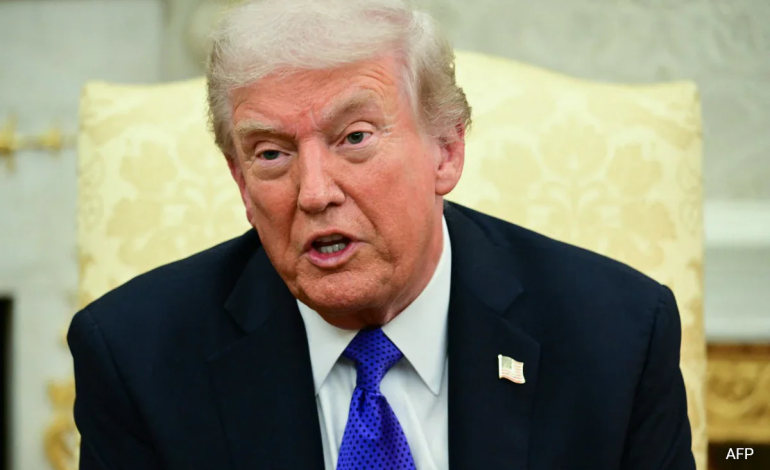US Ends Automatic Renewal of Work Permits for Migrants

US Ends Automatic Renewal of Work Permits
In a major immigration policy shift, the United States Department of Homeland Security (DHS) has announced the end of automatic extensions for migrant work permits (EADs).
The rule, effective October 30, 2025, means that foreign workers who have applied to renew their employment authorization will no longer be allowed to work while waiting for approval — unless their permit is officially renewed.
This change reverses a long-standing policy that granted a 540-day automatic extension for eligible workers. The move is expected to affect hundreds of thousands of foreign professionals, including a large number of Indian nationals working under dependent and skilled visa categories.
Who Will Be Affected Most
The policy change impacts a wide range of migrant categories, including:
H4 visa holders (spouses of H1B visa workers)
L2 dependents (spouses of intra-company transferees)
Asylum seekers and refugees with pending employment authorization
Temporary protected status (TPS) holders
Many of these workers rely on their Employment Authorization Documents (EADs) to maintain their livelihood while awaiting green card processing or visa renewals.
According to HR Dive, the DHS says the change is designed to improve “integrity and accountability” in the employment authorization system. However, critics argue that this decision will lead to unnecessary job disruptions and economic instability for thousands of families.
📉 Economic and Workforce Implications
The immediate effect of this rule will be felt in industries that depend heavily on foreign talent — particularly technology, healthcare, education, and hospitality.
If renewals are delayed — a common issue at USCIS — workers could be forced to take unpaid leave or even lose their jobs while waiting for approval.
This will also create operational challenges for employers, who must comply with federal employment verification (I-9) rules. Many HR leaders are already voicing concern that the change could worsen workforce shortages and disrupt ongoing projects in sectors like IT and finance.
📊 Learn more from Reuters on how labor policy shifts can impact the broader economy.
How Indian Professionals Are Impacted
Indian professionals form one of the largest migrant workforces in the US, particularly under H1B and dependent visa programs.
Many H4 and L2 visa holders — often skilled women professionals — depend on automatic EAD extensions to stay employed while renewal applications are pending.
With this new rule, thousands of Indian families could experience employment gaps, income loss, and disruptions in immigration status.
The Times of India reports that Indian tech workers are among the most affected, as companies may pause hiring or relocation plans until renewal timelines stabilize.
Government’s Justification
The Department of Homeland Security argues that the policy aims to restore “compliance discipline” and prevent unauthorized employment.
Officials state that the automatic renewal system was originally intended as a temporary pandemic measure to offset backlogs and processing delays.
However, many immigration experts believe that ending it abruptly, without improving processing speeds, could create more harm than good.
🧩 Read DHS’s official statement on the policy update via USCIS.gov.
Global Reactions and Industry Concerns
Global mobility consultants and legal experts have warned that this decision could make the US less attractive for international talent.
Other economies like Canada and the UK have recently simplified their work-permit renewal processes — a contrast that might draw skilled workers away from the US.
📈 The Economic Times notes that restrictive immigration policies can have long-term implications on productivity, innovation, and economic resilience.
What Experts Recommend
Immigration lawyers advise affected migrants to:
File renewal applications early (at least 180 days before expiration).
Track USCIS processing times closely.
Seek legal advice to explore alternative work-authorized categories if applicable.
Employers should create contingency plans to manage project continuity and compliance risks.
📌 Organizations like the American Immigration Lawyers Association (AILA) are urging DHS to reconsider or phase the change gradually to avoid economic shock.
Conclusion
The end of automatic work permit renewals marks a turning point in US immigration policy.
While the government cites administrative efficiency, the ripple effects on workers, families, and industries are undeniable.
For global professionals — especially Indians — this development underscores the importance of proactive legal planning and transparent employer communication.
As the debate continues, one thing is clear: the balance between border control and economic openness remains a key test for America’s future workforce policy.









